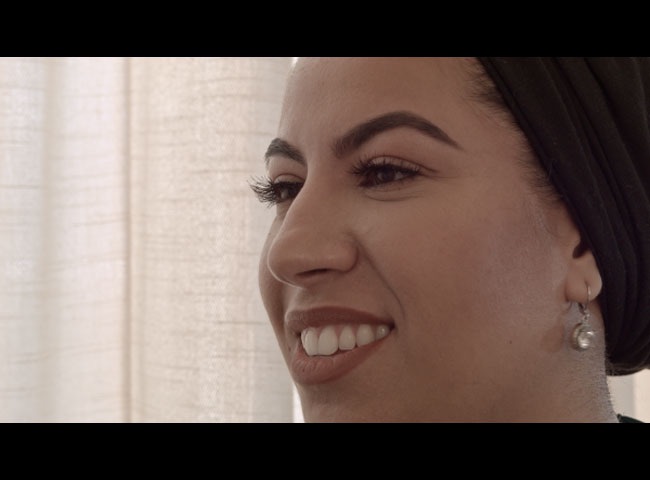The Wasp And the Weather
-
Réalisé par Robin Vanbesien • Écrit par Robin Vanbesien
-
Belgique • 2019 • 19 minutes • Couleur
- Réalisation :
Robin Vanbesien - Écriture :
Robin Vanbesien
- Production (structure) :
Timely - Coproduction :
Contour Biennale 9 - Ayant droit :
Timely
- N° ISAN :
non renseigné
Résumé
L’ancien club des jeunes de Rzoezie avait été fondé par des jeunes gens d’ascendance marocaine et amazighe à Mechelen, en Belgique : certains d’entre eux écrivaient de la poésie. Auteurs originaux et poètes contemporains discutent ici de ces poèmes, analysant l’écho qu’ils peuvent avoir dans le climat social et politique actuel.
Rzoezie (Amazigh for “wasp") is a former youth centre in Mechelen, Belgium. In 1978, Rzoezie was founded and organised by young people of predominantly Amazigh and Moroccan descent. Inspired by Paulo Freire’s Pedagogy of the Oppressed, the centre focused on self-pedagogy and self-organisation: ‘bottom-up’ and ‘from the inside’. While the centre worked with youngsters on developing a ‘positive self-identity’ – providing a safe space in the face of their many challenges at school, work, home and on the streets – it also took the lead in the fight against discrimination and racism in Flanders and Belgium. Rzoezie addressed the civil struggle against a racialized policy that instituted second-class citizenship for “migrants”. They did this by organizing protest and solidarity actions, marches and parties; initiating seminars, symposia, and political debates; joining strikes and occupations; filing official racism complaints; supporting prisoners; calling out postcolonial and racist behaviour; emancipating the students of ‘white schools’; and so on. Eventually, in 2006, the centre was reformed under political pressure and gave up its political rage for a pedagogical approach that avoided open activism. As a consequence, Rzoezie was renamed the Regional Open Youth Centre Mechelen.
Rzoezie’s monthly magazine was an important tribune, in which some of the youngsters published their own poems. For the film, I invited some of the original authors (M’Hamed El Ouali, Abdelhay Ben Abdellah) as well as contemporary poets (Samira Saleh, Mathieu Charles and members of the Post Collective) to revisit, recite and discuss their personal selection from this archive of poems (1990-2000). My approach started from the acknowledgement of how these poems preserve the capacity to convey the social imagination of Rzoezie; of how they refuse to reproduce the dominant narrative that underlies the malicious climate of systematic racism and discrimination that swamped their authors. A possible response to the advocacy of a decolonization of the mind is imparted in the way these poems speak: without seizing, capturing or appropriating. Furthermore, my wish was to test the resonance of these poems in today’s “weather” - the social and political climate in Flanders, Belgium and, by extension, the Global North - wondering about how far the poetic words of the youngsters preserved the activist history of the moment in which they were written and dedicated to.
Sélections et distinctions
- 2020 • Cinéma du réel • Paris (France) • Sélection internationale
Comment avoir accès au film ?
-
Édition DVD
- Il n'existe pas d'édition DVD à notre connaissance
-
Accès VOD
- Il n'existe pas d'accès en VOD à notre connaissance
- Distribution
- Aide sur les moyens d'accéder à un film
